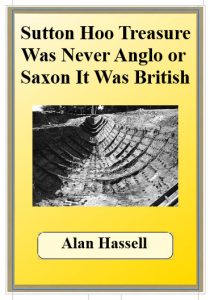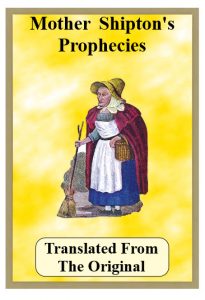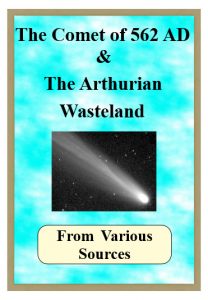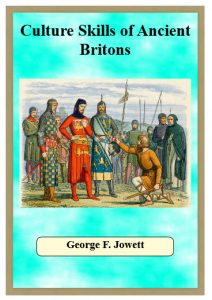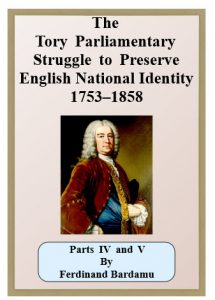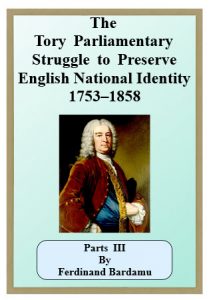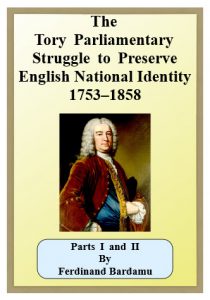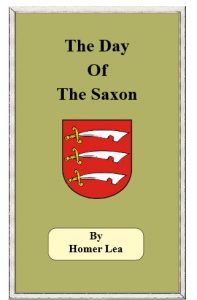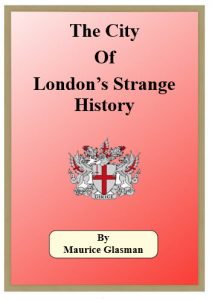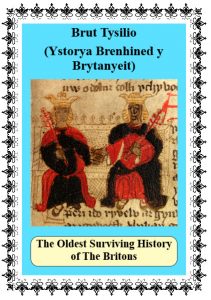
BRYTTAEN, THE BEST OF THE ISLANDS, WHICH USED TO BE CALLED THE WHITE ISLAND, situated as it is. in the western ocean between Ffraink and Iwerddon, (extends) eight hundred miles in its length and two hundred in its width, and whatsoever men must needs use it supplies them in unfailing plenty. And with this it is full of numerous wide-spreading plains and noble hills, and havens to which from overseas come foreign products in great variety. And there are also in it forests and thickets full of various kinds of animals and wild beasts, and many swarms of bees gathering honey among the flowers. There are with this fair pastures at the foot of wind-swept mountains, and bright, clear springs, and further, there are lakes and rivers full of various varieties of fish. Moreover, there are in it three noble rivers, namely, the Temys, and the Hymyr, and the Hafrenn. These, like three arms, divide the island; and along them come various kinds of articles of barter from countries Overseas.
And further, of old there were adorning it three and thirty noble chief cities, some of which are today wasted, their walls uprooted; while others are still inhabited, with holy temples in them for the praise of God. And so it is peopled by five nations, the Bryttaniait, the Normaniaid, the Ssaesson, the Ffichtiait, and the Yssgottiaid. And of all these the Bryttaniaid were the first to settle it, from mor rrydd* [the Channel] as far as the sea of Iwerddon, until the vengeance of God came upon them for their sins, which we shall presently show. And here endeth the prologue of Eneas yssgwyddwynn.
After the town was taken, Eneas fled, and Essgannys his son with him, and they came in ships to the land of Eidial, which is called the land of Ryfain. And at that time Lattinys was king in the Eidial, and he received Eneas with honour. Then after Eneas had fought with Tyrrv, king of Yttyl, and he was killed by Eneas, Essgannys got to wife Lauinia, daughter to Lattinys. And after Eneas, Yssgannys became a great man, and when Essgannys was elevated to kingly state, he built a city on the shores of the river Taiberys (Tiber).
And there a son was born to him named Ssylliys, who gave himself to secret fornication and seduced a niece, and got her with child. And when Essgannys his father learned this, he ordered the diviners to tell him by whom* the girl had conceived. And after they had divined and had gained a certitude on this point, they said that the maid was with child of a son, who would kill his mother and his father, and after it happened to him to wander through many lands, would rise to great honour. Nor did the diviners deceive them. And so when the maid’s time to give birth was come, she died in childbed. And thus he slew his mother. And the boy was named Bryttys and was put out to fosterage.
.
